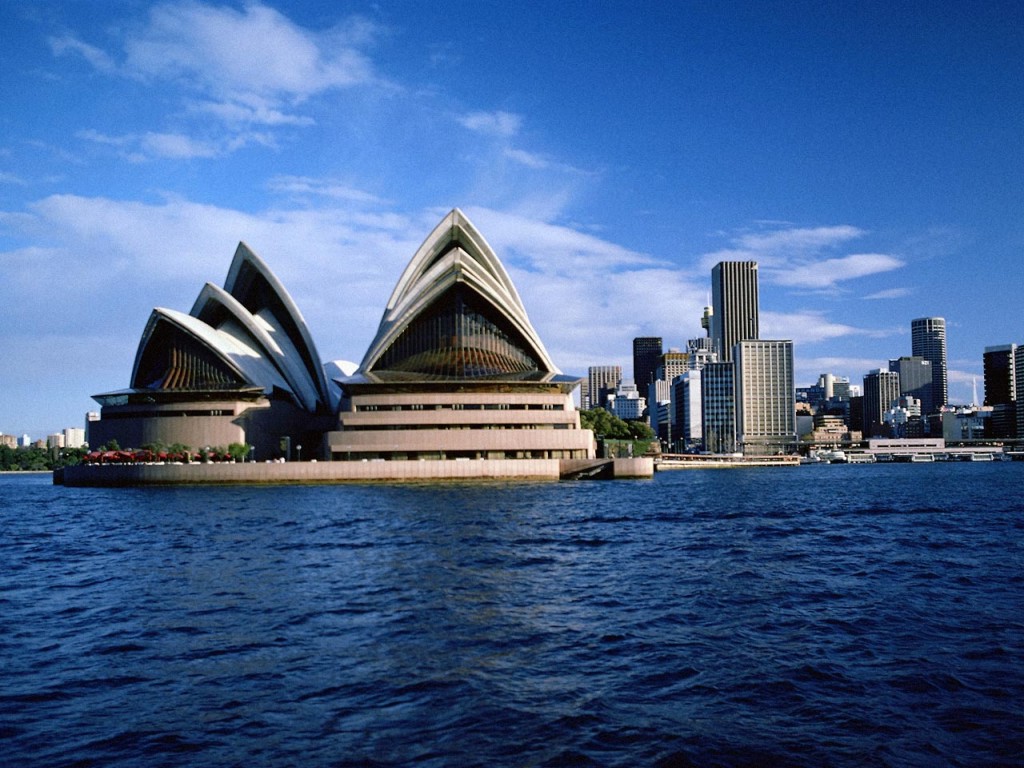Jonh Lennon- Imaxina
Imaxina que non exista o ceo,
é fácil se o intentas.
Sen o inferno de baixo nosa,
arriba de nós, só o ceo.
Imaxina a toda a xente,
vivindo para hoxe…
Imaxina que non hay países,
non é difícil de facer.
Ninguén por quen matar ou morrer,
nin tampouco relixión.
Imaxina a toda a xente vivindo a vida en paz…
Podes dicir que son un soñador,
pero non son o único,
espero que algún día te unas a nós,
e o mundo vivirá como un.
Imaxina que non hai posesións,
quixera saber si podes,
sen necesidade de gula ou fama,
unha irmandade de homes.
Imaxínate a toda a xente compartindo o mundo.
Podes dicir que son un soñador,
pero non son o único,
espero que algún día te unas a nós,
e o mundo vivirá como un.
é fácil se o intentas.
Sen o inferno de baixo nosa,
arriba de nós, só o ceo.
Imaxina a toda a xente,
vivindo para hoxe…
Imaxina que non hay países,
non é difícil de facer.
Ninguén por quen matar ou morrer,
nin tampouco relixión.
Imaxina a toda a xente vivindo a vida en paz…
Podes dicir que son un soñador,
pero non son o único,
espero que algún día te unas a nós,
e o mundo vivirá como un.
Imaxina que non hai posesións,
quixera saber si podes,
sen necesidade de gula ou fama,
unha irmandade de homes.
Imaxínate a toda a xente compartindo o mundo.
Podes dicir que son un soñador,
pero non son o único,
espero que algún día te unas a nós,
e o mundo vivirá como un.









.jpg)
.jpg)






